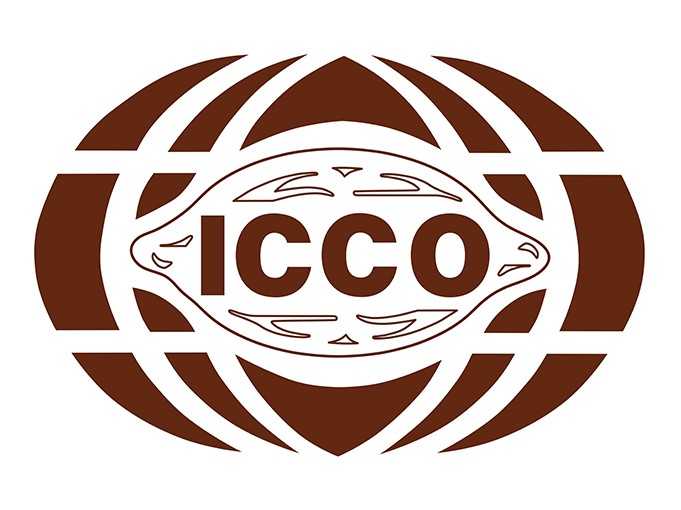The current review reports on cocoa price movements on the international markets in August 2015. Chart I illustrates price movements on the London (ICE Futures Europe) and New York (ICE Futures U.S.) markets for the month under review.
Chart II shows the evolution of the ICCO daily price, quoted in US dollars and in SDRs, from June to August 2015. Chart III depicts the change in the ICCO daily price Index, the Dow Jones Commodity Index and the US Dollar Index during the month under review.
Price movements
In August, the ICCO daily price averaged US$3,153 per tonne, down by US$173 compared to the average price recorded in the previous month (US$3,326). Prices ranged between US$3,098 and US$3,237.
The downward cocoa prices correction initiated on both futures markets in the middle of July, when quotations reached over four-year highs, continued in the first two weeks of August.
During this period, concerns in relation to the Chinese economy triggered a general commodity price slump, coupled with the announcement in Côte d’Ivoire that 200,000 tonnes of cocoa beans initially purchased by domestic operators had been made available for international auction.
As a result, cocoa futures prices decreased from their peak values achieved in mid-July, by nine per cent and ten per cent respectively on the ICE Futures Europe and ICE Futures U.S. markets; thus, as shown in Chart I, falling to three-month lows, at £2,024 per tonne in London and at US$3,034 per tonne in New York.
Thereafter, even though fears linked to the Chinese slowdown prevailed throughout the month of August, both cocoa futures markets changed course towards the end of the month and followed an upward trend.
Concerns in relation to prospects of dry weather conditions in West Africa, affecting the upcoming 2015/2016 cocoa season provided some support to cocoa prices.
Cocoa price movements during the month of August were generally influenced by the broader commodity complex, which sank considerably amid weak global demand.
However, as seen in Chart III, while the commodity complex reached its lowest point during the last trading week of the month, concerns related to the potential effects of the unfavourable weather conditions on production in West Africa for the upcoming season, helped cocoa futures to move in the opposite direction.
Supply & demand situation
Data published by news agencies indicated that cumulative cocoa arrivals at ports in Côte d’Ivoire reached approximately 1,732,000 tonnes by 6 September, as compared with 1,707,000 tonnes recorded in the same period of the previous season.
As reported in July, cocoa growing regions have experienced mixed situations in regard to weather conditions, affecting the output and the quality of the midcrop.
Also, as the Government of Côte d’Ivoire is considering significantly increasing the farm gate cocoa price for the forthcoming 2015/2016 season to 1,000 CFA franc ($1.67)/kg of cocoa beans compared to the current season’s 850 CFA francs/kg, part of the remainder of the 2014/2015 mid-crop may be stockpiled; thus, inflating the carry-over from the 2014/2015 midcrop to the 2015/2016 main crop.
In Ghana, production for 2014/2015 is anticipated to be approximately 696,000 tonnes and, as indicated in the previous report, the next season’s main crop is expected to rebound from the lows of the current season.
On the demand side, compared to the previous season, world grindings of cocoa beans are currently forecast to fall by four per cent to 4.131 million tonnes during the 2014/2015 season.
Indeed, cocoa processing margins have come under increasing pressure during the period under review, as high cocoa bean prices, large stocks of cocoa powder, and moderate growth in demand for chocolate continue to weigh on the activity.
As published at the end of August in its latest Quarterly Bulletin of Cocoa Statistics, the ICCO Secretariat anticipates a very minor supply deficit of 15,000 tonnes for the 2014/2015 cocoa year.


















